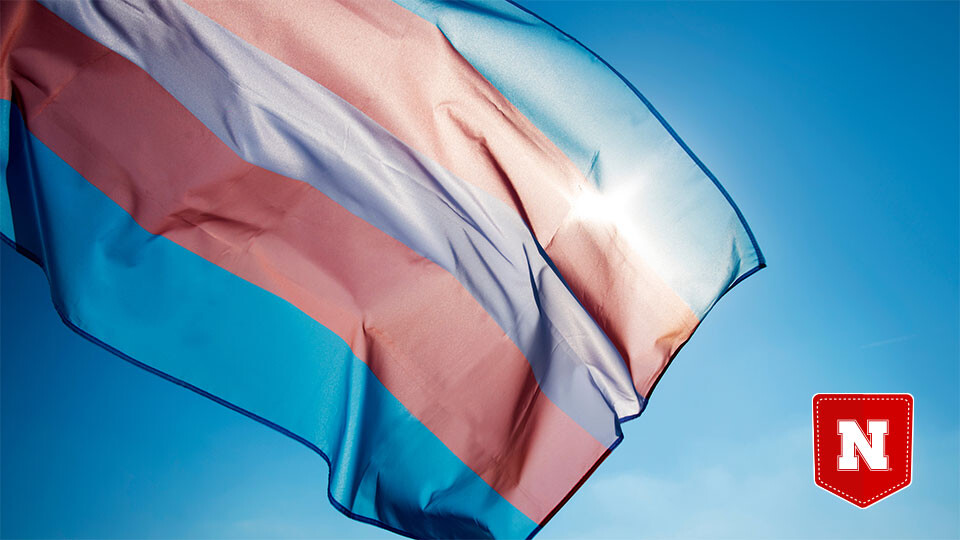Deann Gayman, December 8, 2021
Survey study examines Nebraskans’ views on transgender rights
POCKET SCIENCE: EXPLORING THE ‘WHAT,’ ‘SO WHAT’ AND ‘NOW WHAT’ OF HUSKER RESEARCH
Welcome to Pocket Science: a glimpse at recent research from Husker scientists and engineers. For those who want to quickly learn the “What,” “So what” and “Now what” of Husker research.
What?

The rights of transgender people have been up for debate in numerous state and local policy-making entities. State and municipal leaders across the United States have spent time deliberating on and sometimes passing “bathroom bills,” which are laws dictating the use of public restrooms on the basis of gender assigned at birth.
Research has been done on the public opinions around these issues and how those opinions are formed or defended, but it is relatively new.
So what?
To add to the growing body of research on public opinion surrounding transgender rights, University of Nebraska–Lincoln researchers employed the 2018 Bureau of Sociological Research Nebraska Annual Social Indicator Survey to examine Nebraskans’ views.
The study, led by Emily Kazyak, associate professor of sociology and women and gender studies, and Kelsy Burke, associate professor of sociology, and co-authored by graduate students Rosalind Kichler and Lora McGraw, found that Nebraska public opinion on transgender rights — specifically whether or not a transgender person should be able to use a public restroom that aligns with their gender identity — is evenly split. According to the survey responses, 49% believe transgender people should use the bathroom that aligns with their gender identity, while 51% were opposed. These findings mirror national data, which also shows that people are closely divided.
Additionally, the Nebraska study found that certain demographics were more likely to be supportive of transgender rights. Those identifying as female, being more liberal politically and being less religious were more likely to support transgender rights. For example, 60% of male respondents were opponents of transgender rights, while only 45% of females were opponents. Education also played a role, as individuals with a bachelor’s degree or higher were more likely to be in favor of transgender rights. Across both sides when asked to justify their opinions, respondents grappled with the nature of transgender identity and ideas about regulating bodies in public spaces.
Now what?
Kazyak and Burke write that research must continue to examine public perceptions and opinions of transgender rights.
“The need to expand the types of questions asked to gauge public opinion on transgender rights is urgent,” they wrote in the study, “given the myriad of current anti-transgender legislation and arenas were debates surrounding transgender people, particularly youth, are occurring, including but not limited to athletics and sports and access to health care.”






